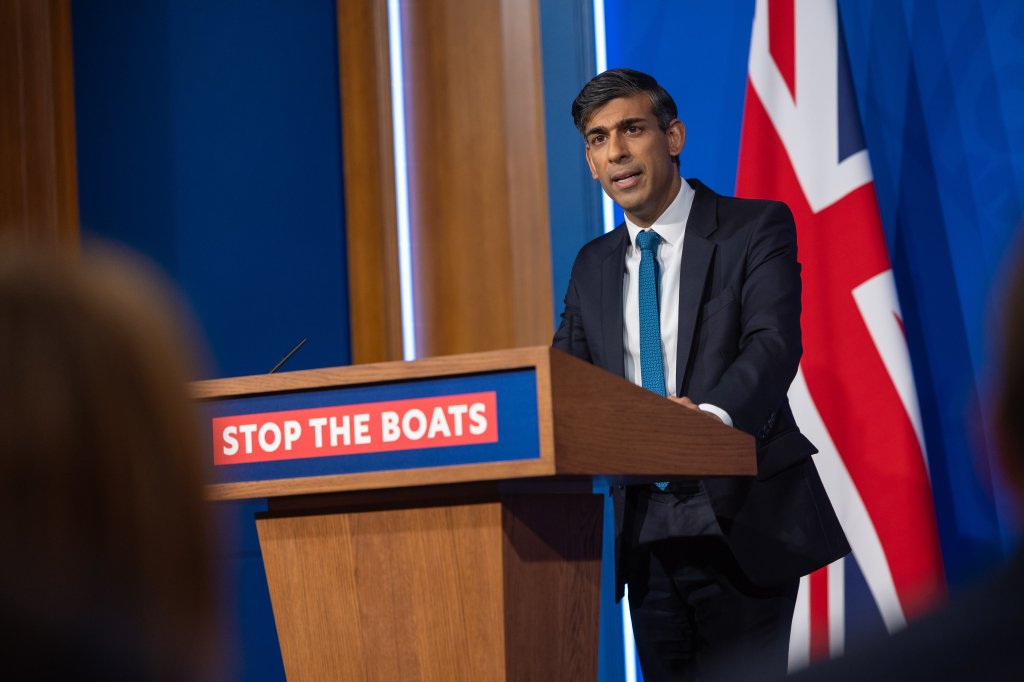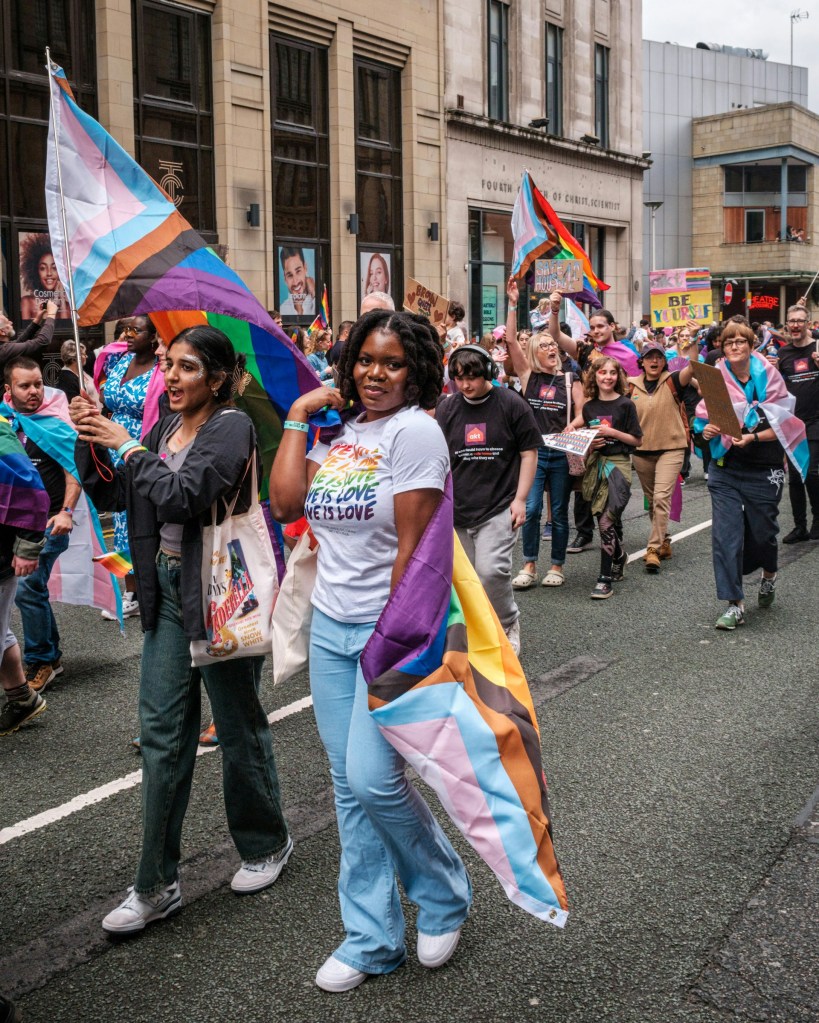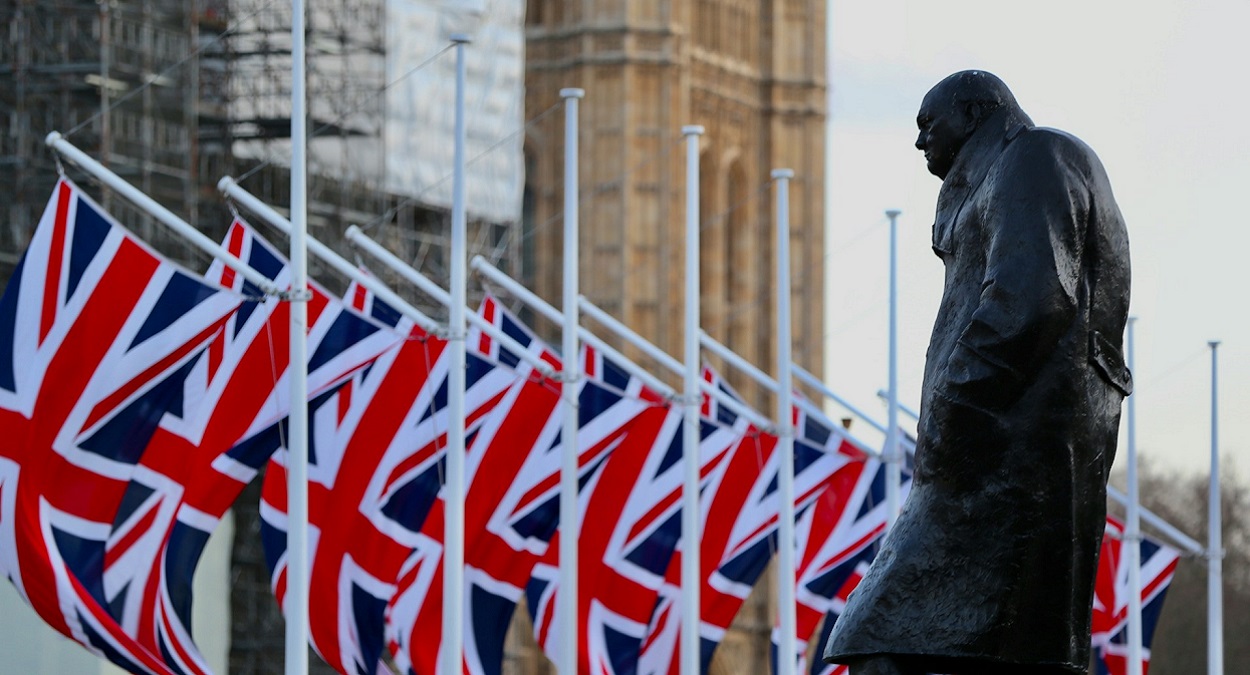British Prime Minister Rishi Sunak gained a hard-won victory on January 17, when the controversial Rwanda Asylum plan successfully passed a third reading in parliament, despite opposition from a considerable number of the Conservative Party. Sunak faced down challenges from the more right-wing faction of his party, as calls grew to toughen the plan as an illegal immigration deterrent that would invigorate British voters ahead of the elections to be held later in 2024.
The plan, which would see illegal immigrants to the UK sent 6,400 kilometers away to Rwanda, where their asylum claims would be processed, has widely been criticized, with many claiming that the Conservative Party is attempting to paint all asylum seekers as economic migrants, regardless of their reasons for seeking asylum, including war, sexual orientation, and religious persecution.

Former Home Secretary Suella Braverman, famously sacked by Sunak for public insubordination, supported the toughest version of the plan during earlier debates in parliament. Centrists in Sunak’s party, who finally won out in the end, warned that such a plan would contravene the European Convention on Human Rights (ECHR) charter, of which the UK is a signatory. Rwanda also warned that it would walk away from the plan if it broke international law.
Legal and Ethical Challenges
The European Court of Human Rights (ECtHR), in 2022, intervened shortly before seven individuals were meant to be transferred to the East African country, leading to a fresh round of legal challenges in the UK against the plan, the result of which was the UK Supreme Court’s unanimous ruling that the plan was unlawful, citing concerns over Rwanda’s poor human right’s record.
On previous occasions, the UK government has criticized Rwanda for “extrajudicial killings, deaths in custody, enforced disappearances, and torture,” and a lack of press freedom. In response to the ruling, however, the government introduced a bill that would declare that Rwanda was a safe country under UK law.
Rainbow Migration, a UK-based NGO that helps LGBTQIA+ asylum seekers in the country with their claims, warned against the government’s Rwanda plan. Before the return of the Bill to parliament, the organization, together with the JCWI, gave a submission to the Joint Committee on Human Rights on the Safety of Rwanda Bill. “We strongly urge the Committee to recommend that MPs reject the safety of Rwanda Bill entirely, as it would put lives at risk and violate the UK’s constitutional, international, and human rights law obligations,” a statement on Rainbow Migration’s website read.

The statement also highlighted the story of Innocent, a Gay man from Rwanda who emigrated to the UK 20 years ago who said: “Having experienced the discrimination faced by LGBTQ+ people – or those perceived to be sexual minorities in Rwanda – I am shocked that the UK would deport people from our community there.”
Though same-sex relations are not criminalized in Rwanda, the East African nation lacks special legal protections for gender and sexual minorities. An article on the website of Rainbow Railroad, a US-based NGO that helps at-risk LGBTQIA+ individuals reach safety worldwide, notes: “Blanket refugee offshoring agreements that fail to recognize the unique vulnerabilities faced by asylum seekers based on their individual characteristics put LGBTQI+ lives at risk. These agreements also allow governments to evade their obligations under international law and erode the universal right to asylum.”
Read More:
- Violent Wakeup Call: Brutal Transphobic Attack Highlights Vulnerability of LGBTQIA+ People in Namibia
- Ugandan Human Rights Activist Suffers Horrific Homophobic Attack
- Impasse: Ghana’s First Cardinal and Bishop’s Conference Break on LGBTQIA+ Rights
Crunching the Numbers
According to data provided by the UK government, there were 75,340 asylum applications related to 93,296 people as of September 2023, similar to numbers registered in 2022 at 76,094 applications related to 92,766 people. Of the asylum applicants in 2022, 2 percent or 1,334 claims were made based on sexual orientation, an increase of 89 percent from 2021 figures, but 26 percent less than 2019 claims made on the same basis.
Pakistani nationals made up the majority of asylum applicants based on sexual orientation for 6 years in a row, accounting for 21 percent or 278 applications in 2022. The report also noted that while Pakistani nationals made up the 10th largest overall number of asylum seekers in the UK, LGB applicants made up a small minority of all claims. Conversely, while Ugandans made up a small number of all asylum seekers in the UK, at 1,258 asylum applications between 2015 and 2022, 54 percent of all applications “were applications with an LGB element to the claim.”
Also between 2015 and 2022, 650 applications were received from Iranian nationals based on sexuality, only making up 2 percent of total Iranian asylum applications. A total of 72 percent or 739 asylum claims based on sexuality were granted or offered “an alternative form of leave” in 2022, an increase from previous years where a total of 44 percent of such claims were granted in 2019, and only 22 percent in 2017. The report notes: “Grant rates can vary for several reasons, including the protection needs of those who claim asylum in the UK, as well as changes in operational or policy decisions.”
Other nationalities that registered high numbers of asylum claims based on sexuality include Nigeria, Iraq, and Bangladesh.
Throughline
Proposed under the National and Borders Act 2022 sponsored by former Home Secretary Priti Patel, under former prime minister Boris Johnson’s leadership, the plan was widely criticized when first announced by those in government and the British private sector.
Zoe Abrams, Executive Director of the British Red Cross said the organization was “profoundly concerned,” because the “financial and human cost will be considerable,” while Enver Solomon, Chief Executive of the Refugee Council said the organization was “appalled by the government’s cruel and nasty decision” which he warned would do little to deter people from entering the UK illegally, the BBC reported.
Despite SNP’s Ian Blackford describing the plan as “absolutely chilling” and Lib Dems claiming that the British government was “slamming the door” in the face of refugees, Johnson lauded the plan, claiming that it was needed to save those entering the UK illegally from “vile people smugglers” and would “save countless lives” from human trafficking.
Successive Conservative governments and prime ministers, who have taken office since the UK voted to leave the European Union, have come under pressure to reduce illegal migration and control legal migration to the country. Most illegal migrants to the UK are believed to enter the country by crossing the English Channel from France, launching a refrain among conservative legislators and voters to “stop the boats.”

Jean Claude Akarikumutima on Unsplash
As of 2021, 28,526 people were known to have crossed in small boats to the UK, more than triple the numbers registered in 2020 at 8,404. “Our compassion may be infinite but our capacity to help people is not,” he said. “We can’t ask the British taxpayer to write a blank cheque to cover the costs of anyone who might want to come and live here,” Johnson said, as Patel hailed the plan as a “global first” after flying to Rwanda to ink the deal, which she claimed would “change the way we collectively tackle illegal migration.”
To date, however, the Sunak government has paid 240 million pounds to Rwanda with no asylum seekers having been removed to the country, an amount that Rwanda’s government spokesman Yolanda Makolo said the country was under “no obligation” to return, Reuters reported. While a spokesperson from Sunak’s office praised the passing of the bill as “a major step to stop the boats,” both human rights organizations around the world and asylum seekers alike, wait with bated breath to see what the uncertain future holds.
The Bill still faces an uphill battle as it now enters the House of Lords, where it may face a fresh round of challenges and calls for amendments. Should the Rwanda plan be implemented, then the UK will join the ranks of Israel and Australia, both of which have off-shore asylum agreements with other countries, with the former having signed an agreement with Rwanda.
Photos: Unsplash, X via @RishiSunak

3 thoughts on “No Safe Harbor: UK’s Rwanda Asylum Plan a Danger to LGBTQIA+ Migrants”